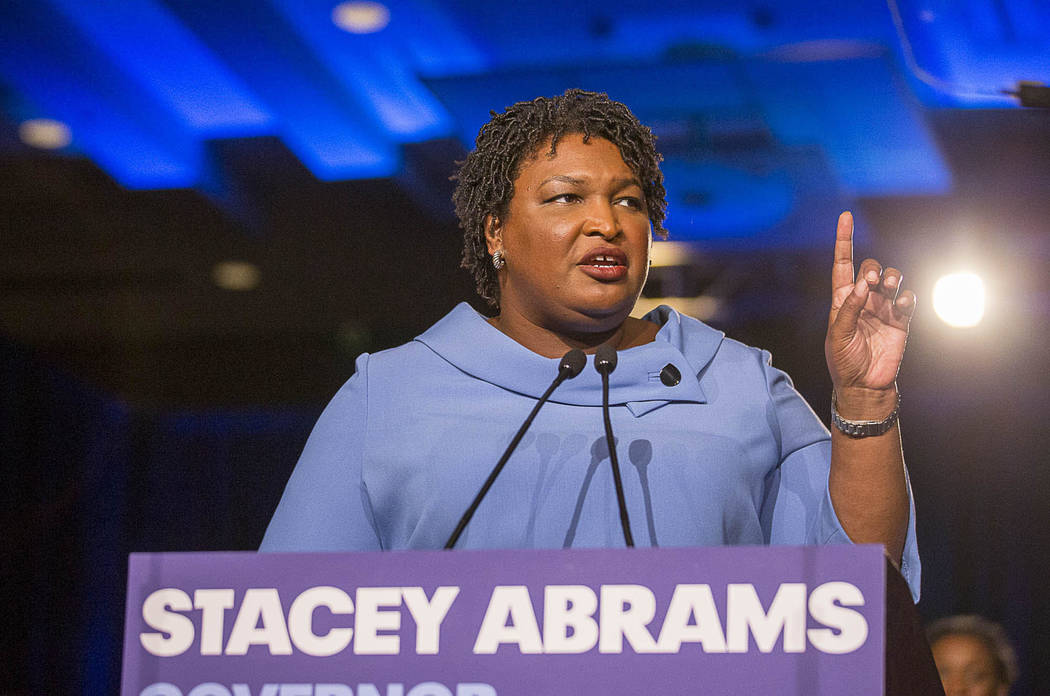VICTOR JOECKS: Elections are only legitimate when Democrats win
The outcome of today’s scheduled impeachment vote is predictable. So are the upcoming Democrat efforts to use it to delegitimize President Donald Trump if he wins a second term.
It’s a pattern. Democrats deem close elections above reproach only if their preferred candidate wins.
In 2016, Trump sent Democrats and the media — but I repeat myself — into a tizzy. He refused to say he’d accept the election results if he lost, saying he’d look into the situation afterward. President Barack Obama called that “dangerous.”
“When you try to sow the seeds of doubt in people’s minds about the legitimacy of our elections, that undermines our democracy,” Obama said in October 2016.
Funny how election results change things. Democrats spent the first two years of Trump’s presidency claiming he colluded with Russia to steal the election.
“The Russian collusion with the Trump campaign may very well have been one of the most successful in history,” Rep. Adam Schiff, D-Calif., tweeted in August 2018.
Hillary Clinton continues to spout the same nonsense. In September, she said Trump was an “illegitimate president” because of “voter suppression and voter purging.”
“Trump didn’t actually win the election in 2016,” former President Jimmy Carter said. “He lost the election, and he was put into office because the Russians interfered on his behalf.”
This theme doesn’t cover just presidential elections. Democrat Stacey Abrams ran for governor of Georgia in 2018. She lost by more than 54,000 votes, but she still refuses to concede. She blames voter suppression for her loss, That’s an odd claim to make when turnout exceeded the national average and included a record high percentage of minority participants.
Yet it remains an article of faith among elite Democrats that Abrams should be the governor of Georgia today. Clinton, Bernie Sanders, Elizabeth Warren and Pete Buttigieg have all supported it. Instead of media ridicule, Abrams receives fawning coverage.
Compare this to what happened in the Kentucky governor’s race last month. Republican incumbent Gov. Matt Bevin lost the race by fewer than 5,200 votes. He initially declined to concede, citing unspecified “irregularities” with voting. Just a day after the election, a headline from The San Jose Mercury News read, “With all votes counted, Trump ally Matt Bevin won’t concede.”
An NPR headline five days after the election read, “Skeptics urge Bevin to show proof of fraud claims, warning of corrosive effects.” In contrast to Abrams, Bevin conceded nine days after the election.
This didn’t start with Trump. Go back to the 2000 election, when George W. Bush won a narrow victory in Florida, which gave him the Electoral College and the presidency. Many Democrats argued that the Supreme Court stole the election from Al Gore.
Impeachment is already part of a Democrat effort to cast the 2020 election as invalid — if Trump wins.
Our message is that he is “trying to undermine an election,” Rep. Alexandria Ocasio-Cortez, D-N.Y., said last month. She added, “We’re talking about the potential compromise of the 2020 elections.”
AOC’s comments fit the well-established trend. Close elections are valid only when Democrats win.
Contact Victor Joecks at vjoecks@reviewjournal.com or 702-383-4698. Follow @victorjoecks on Twitter.


















